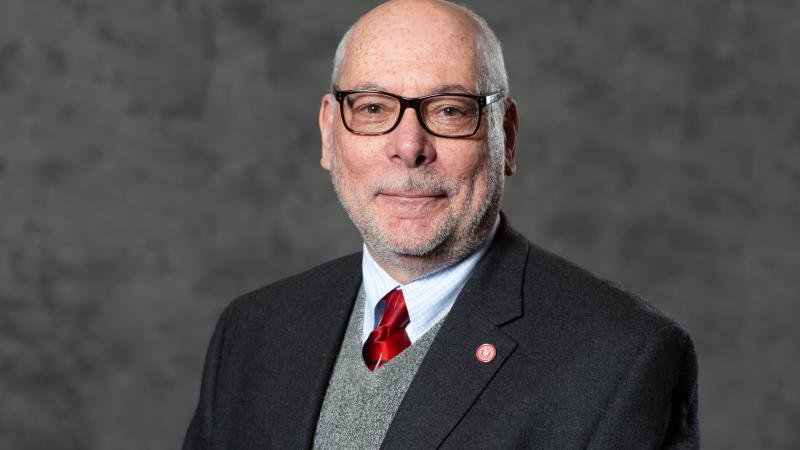September 21, 2021

José Holguín-Veras, a professor in the Department of Civil and Environmental Engineering at Rensselaer Polytechnic Institute, has received a 2021 Humanitarian Logistics Award in the category of Research and Academic Contribution from the American Logistics Aid Network (ALAN).
Holguín-Veras, director of the Center for Infrastructure, Transportation, and the Environment at Rensselaer, was selected for his study of panic buying and other post-disaster behaviors.
“Through extensive field work observations collected in the immediate aftermath of catastrophic events, his understanding of the complexities and dynamics of human behavior in a crisis has identified ways of improving disaster resilience and enhanced mathematical models of logistics operations,” said Kathy Fulton, the executive director of ALAN.
Holguín-Veras advised the United States government while part of the National Academy of Sciences’ Disaster Research Roundtable and played key roles on numerous panels for the Transportation Research Board and the Federal Emergency Management Agency, and other federal and state agencies.
His research group pioneered the multidisciplinary study of post-disaster humanitarian logistic operations and conducted detailed analyses of many prominent disasters of recent times, including Hurricane Katrina, the Port-au-Prince earthquake, the tornadoes in Joplin and Alabama, Hurricane Irene, and the Tohoku disasters in Japan.
Founded in 2005 in the wake of Hurricane Katrina, ALAN is a philanthropic, industry-wide organization that provides free logistics assistance to disaster relief organizations before, during, and after catastrophic events by bringing the expertise and resources of the logistics industry together with humanitarian organizations so that help can arrive sooner, and each relief dollar can be maximized.
The Humanitarian Logistics Awards were established in 2017 by ALAN to recognize companies and individuals who exemplify the best that the supply chain has to offer by assuring that aid is rapidly delivered to communities in crisis.